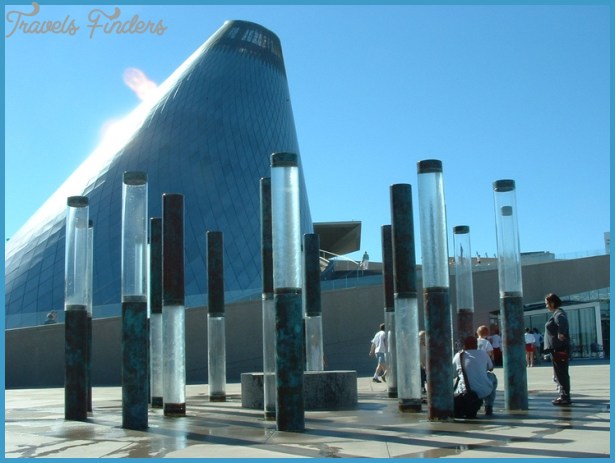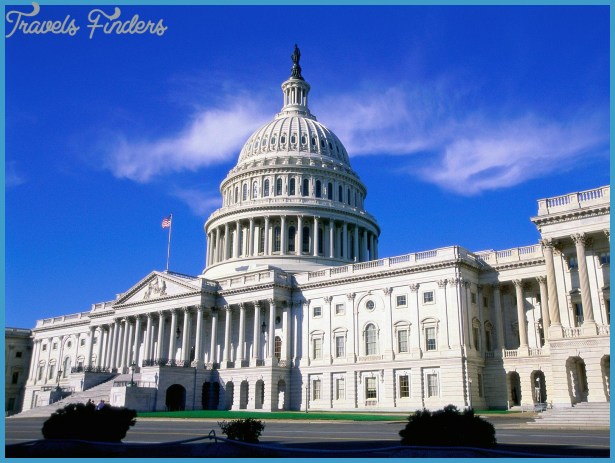Washington’s Latinos in the Twenty-First Century
Despite the growing Latin American influence in Washington, the dynamic growth in the state’s Latino population over time has lead to several social and political issues in the twenty-first century. Some of the state’s Latinos’ most urgent social and political concerns include the K-12 education of the young Latin American population; the overall health of the population; access to affordable and environmentally healthy housing; and voter registration and participation of Latin American voters in state and local elections.
In the area of early childhood education, Washington appears to be addressing the needs of the state’s Latino population with effective preschool programs. Migrant Head Start programs have been established that accept and respect a
child’s home culture and language while also providing health and social services. Washington’s Building Bridges teacher-training program also offers a model approach to enhancing the capacities of preschool teachers to provide culturally appropriate early childhood education for Latino children.
However, the low graduation rates of Latin Americans from high school in Washington are a concern. They indicate a need for Washington’s public-school system to promote academic achievement among their Latino students and develop programs that connect parents to their children’s school and to adult learning opportunities. The lack of Latino high-school graduates affects the number of Latinos entering higher education. Special programs that enable Latin Americans to access college resources while supporting their cultural backgrounds are still needed in Washington State.
As in other parts of the western United States, Latin American youth are overrepresented in the juvenile justice system in Washington; as they move through that system, they become further disadvantaged because of socioeconomic and language barriers. Juvenile justice initiatives in Washington have led to some successful responses to these problems, such as including culturally competent detention alternatives and race-neutral screening criteria.
Latin Americans in Washington, especially the undocumented, also exhibit larger health disparities and lower rates of access health care than other populations living in Washington. Steps to reduce these health disparities may be taken by implementing children’s health programs and promotoras de salud (community health-worker programs). In addition, Latino farmworkers in Washington continue to suffer from lead poisoning, respiratory illness, and pesticide exposure as a result of living in substandard housing, These environmental health concerns could be greatly alleviated by public investment in farmworker housing, as well as Latino-specific programs that address increasing Latino home ownership.
Political disparities persist in Washington, despite the great strides made by the United Farm Workers of Washington in the latter part of the twentieth century. Politically, the Latin American population is underrepresented. Structural barriers to Latinos participating in political campaigns and voting suggest the need for ways to improve the federal Voting Rights Act. Programs to educate Latino youth on voting rights and political activism are also needed in the state.




















